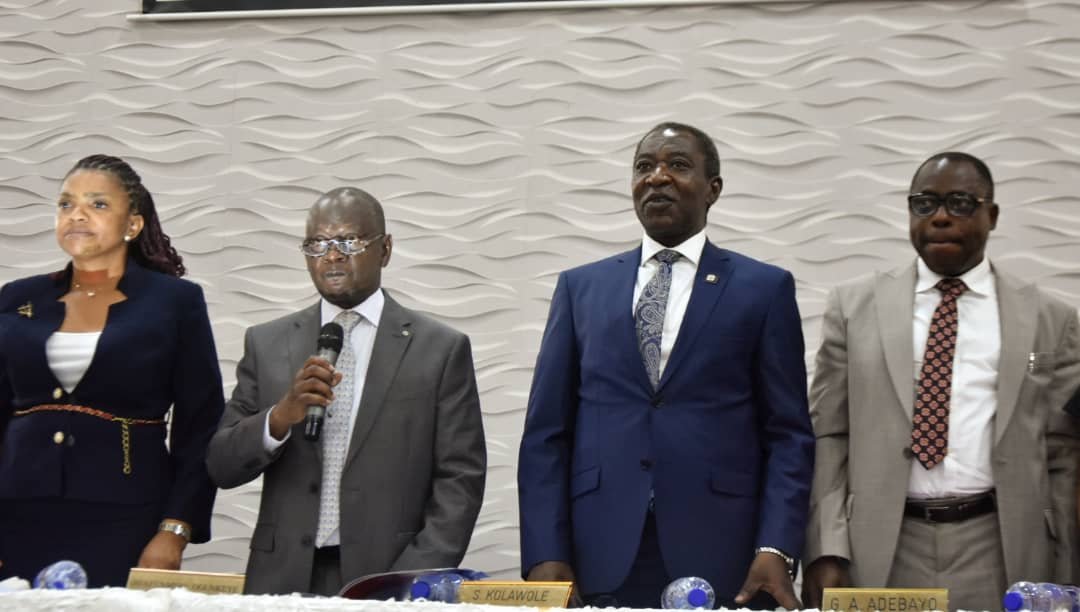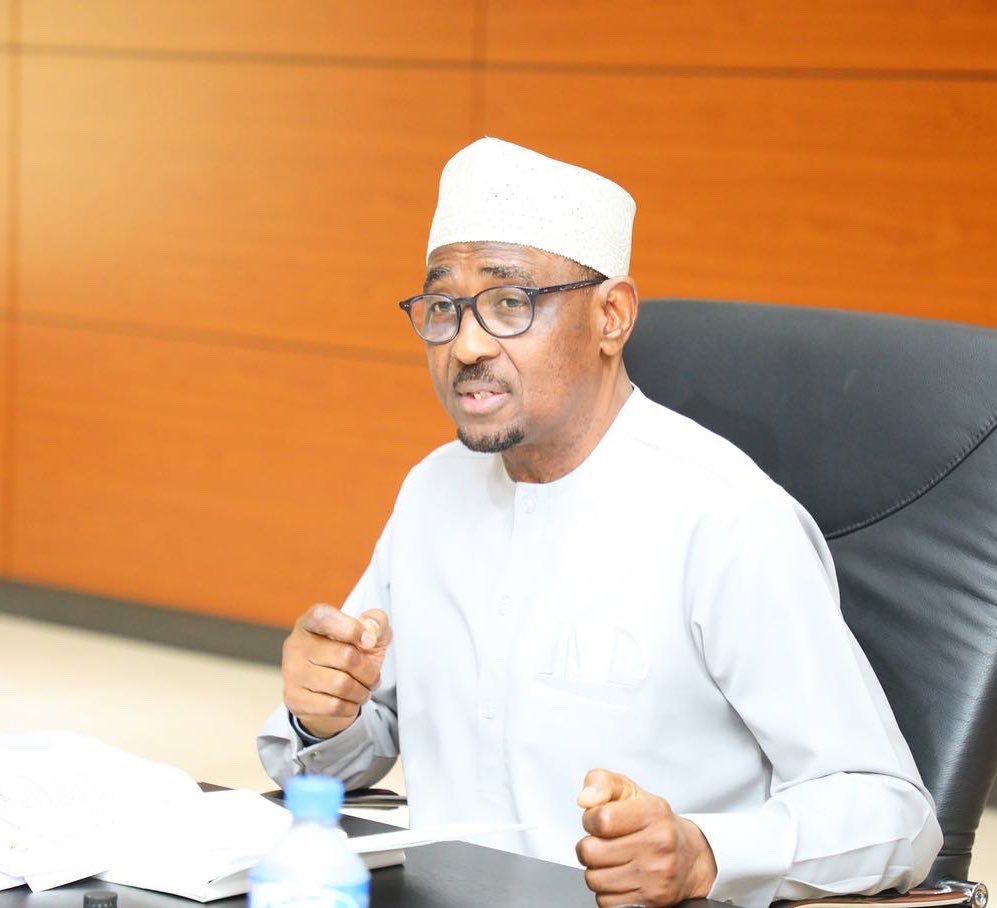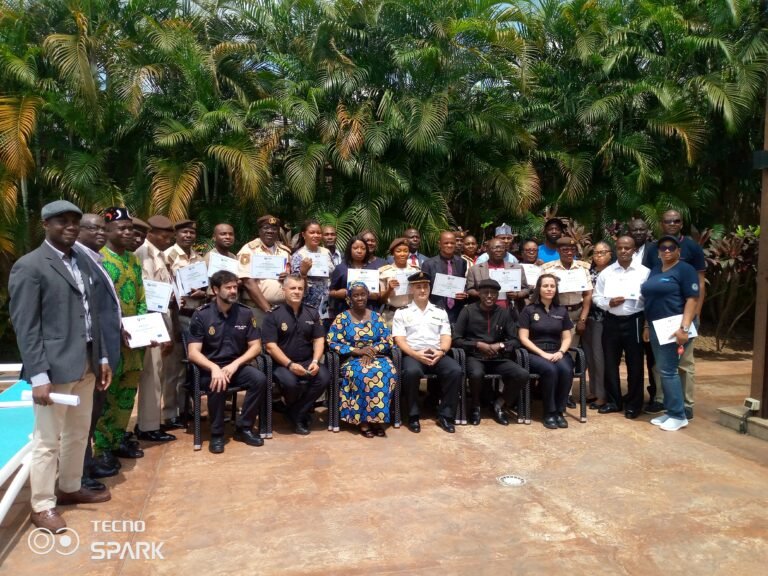University Press Plc declares 10 kobo dividend, reiterates committed to growth
By Ibukun Emiola University Press (UP) Plc on Thursday in Ibadan declared a dividend of 10 kobo per share for the 2022/2023 financial year. The Chairman, Board of UP Plc, Mr Obafunso Ogunkeye, made the declaration while addressing shareholders during the 45th Annual General Meeting (AGM) of the company. OgunkeyeContinue Reading





















